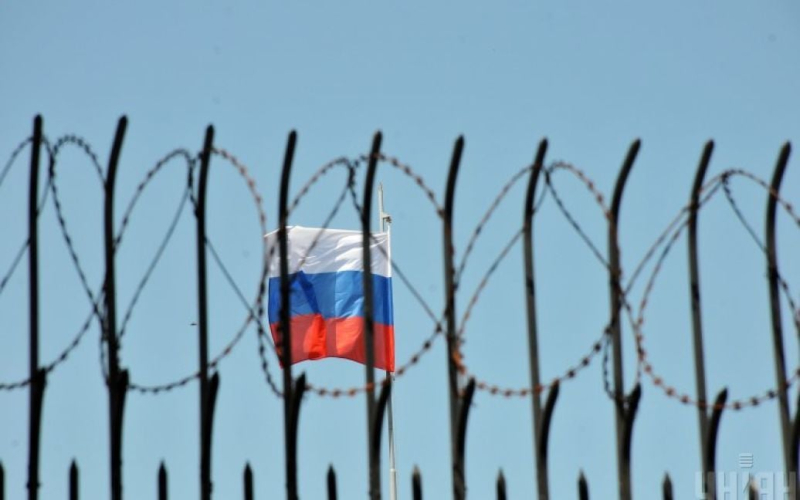
The Russian Federation is taking steps to codify terms that expand the Russian official definition of persecuted extremism.
В Russia wants to legitimize the persecution of those who do not agree with the Kremlin’s policies and the war against Ukraine. This is indicated by the draft of the new Russian so-called counter-terrorism strategy.
This is revealed in a new report from the Institute for the Study of War (ISW).
US analysts note that the Russian Federation is taking steps to codify terms that expand Russia's official definition of persecuted extremism as part of its efforts to prosecute and suppress domestic opposition to the Kremlin. Thus, the draft of the new counter-terrorism strategy establishes legal definitions of “Russophobia” and “xenophobia”, and also changes the definition of “radicalism”, “countering extremism” and “subjects of countering extremism”.
“These definitions, especially the provisions that formulate support for changes to the Constitution of the Russian Federation as “radicalism”, attempt to informationally link and even define opposition to the current actions and structure of the government as ethnic intolerance towards Russians who support the policies of the Kremlin and the war in Ukraine, hatred of Russian culture and history, as well as support for states that are “unfriendly” to Russia in the minds of Russians,” notes ISW.
The Kremlin is likely seeking to use these definitions and further persecution to curry favor with Russian ultranationalists. Indeed, recently the administration of the “Fuhrer” has been intensifying the fight against illegal migration against the backdrop of ethnic tension – as a fight against extremism, but is unable to adequately counter the threat of Islamic extremism in Russia itself.
The Kremlin's recent efforts to expand the definition of extremism and repression in the information space were likely aimed at encouraging self-censorship among dissident Russians. ISW says the new draft counter-terrorism strategy aims to convince Russians that opposition to the Kremlin's policies and war is opposition to broader Russian society, culture and ideals.
The explanatory note to this project notes that solving the problem of internal extremism requires changes in all areas of public policy, including national, migration, youth, cultural and information (policy). Its authors also emphasize the importance of “strengthening traditional Russian legal and moral values”, countering the spread of “radical nationalism and neo-Nazism in the context of the “incorporation of new territories”.
“The Kremlin will likely rely on narratives and ideologies that promote domestic nationalism to create the information conditions for its long-term military operation in Ukraine and its upcoming hostility to other states that Moscow considers hostile, under “Russophobic” and other “extremist labels,” notes the Institute for the Study of War.
Recall that in Russia they started talking about a possible invasion of another country – Georgia. Deputy Chairman of the Federation Council Andrei Klimov said that Moscow is ready to send its troops to this country to help the Georgian Dream party retain power.
Related topics:
More news

